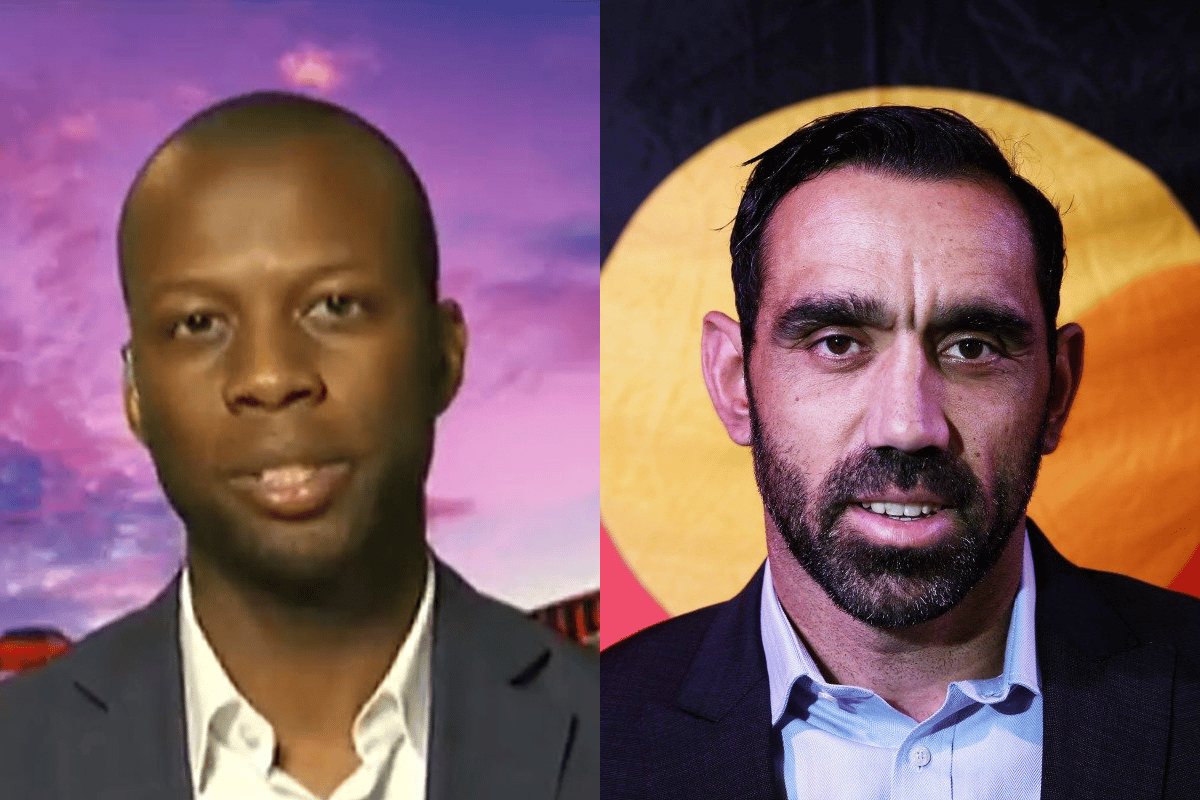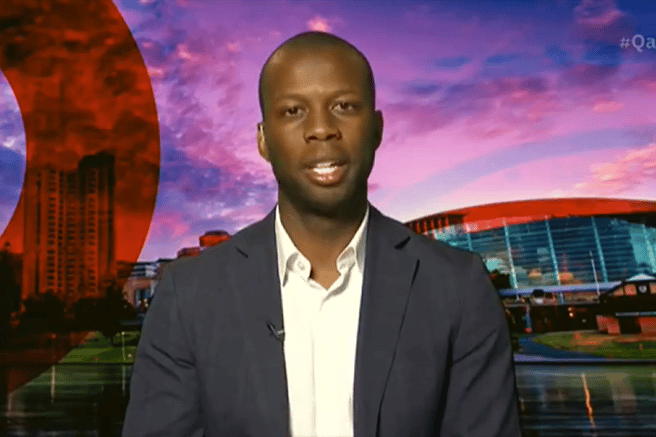
Monday night's Q&A topic was, broadly, the future of sport in Australia.
But given the current landscape, the discussion quickly veered towards the failure of sporting codes to stamp out racism.
The biggest questions popped up multiple times throughout the episode: why does racism still persist within sporting codes, especially when lead organisations like the AFL and NRL say "the right things"? What more can be done? And how much cultural and societal change can come about with the help of sport?
Indigenous lives matter. Post continues below video.
Bruce Djite, the director of football at Adelaide United, spoke of the "lack of cultural competence" high in the hierarchy of most of Australia's codes, which he said meant change was not happening as quickly as people would like.
"I tell you now, if there was an Indigenous person on the AFL Commission, or as AFL CEO, during the time where Adam Goodes was getting racially vilified, it would have had a different reaction. The guy might still be actively involved in the sport," said former A-League star Djite, to applause from the small, socially distanced studio audience.

